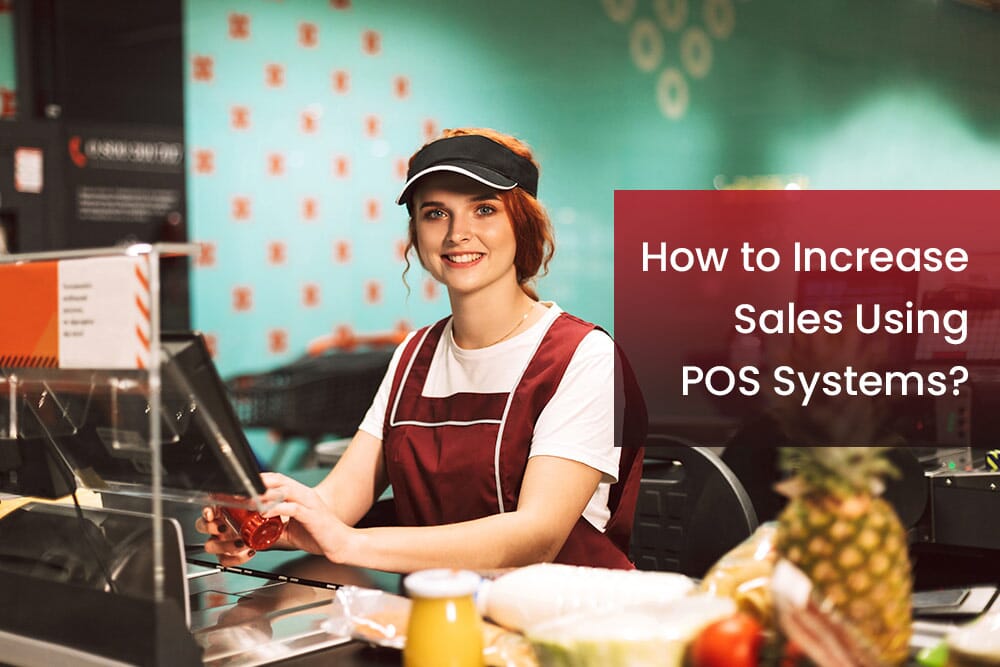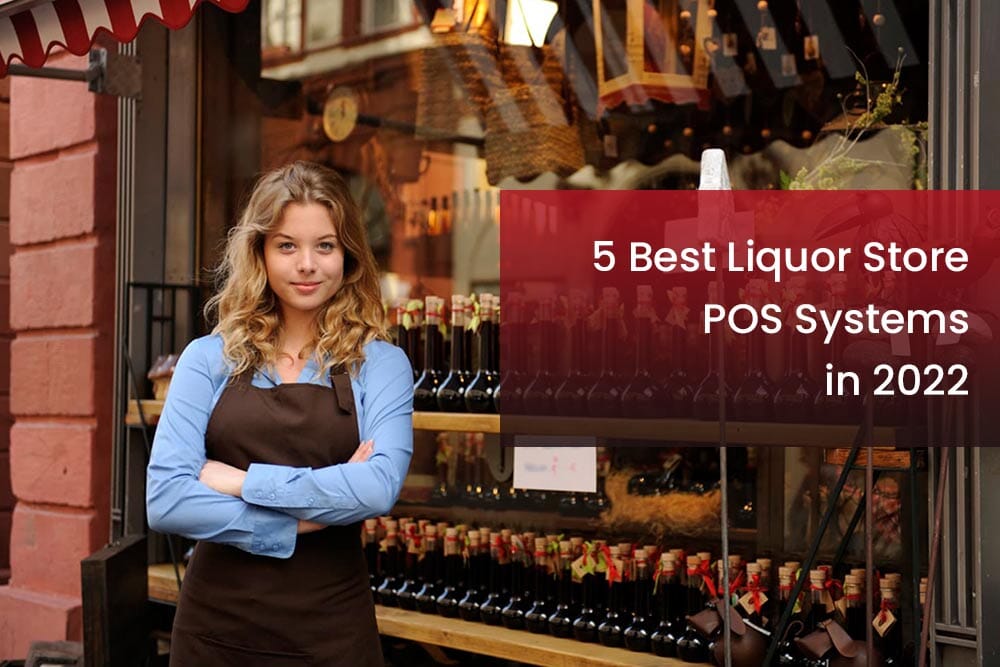How Does a POS System Work and Why Do Retailers Need One?
Any business that operates from a physical location, or has a physical location as part of their business, needs point sale software. Point-of-sale software can be used for many types of companies.
Some people use it for burger stands, coffee shops, and other food service locations. However, others might use it for other types of retail stores or restaurants with ties to a specific location. These are some examples – the list is endless when you think about the varied types of businesses out there. If you are involved in any business with a physical location, you should think about point-of-sale software.
Here’s what you should know about this useful software. First, it records the information that comes into and out of a location. For instance, it can be used to track inventory, calculate hourly wages, and even how much change customers receive when they pay for products or services. This information is typically put into the point-of-sale software through bar codes that are placed on inventory items or when people make purchases with money or credit cards. As you can see, a lot of valuable information can be stored in this type of solution.
A POS or point of sale system is the backbone of any retail operation. This powerful software enables merchants to process sales, control inventories and customers’ loyalty programs, manage their staff efficiently, and keep track of their finances more smoothly. But what if you don’t have a POS system? Read on to find out why retailers need one.
More than just a way to ring up sales and collect a payment, today’s retail POS systems are invaluable tools that give retailers the power they need to stay competitive in this fast-paced industry.
What Is a POS System?
Payment, inventory, and sales tracking are just a few of the system’s many features. In the past, these functions were handled by pen and paper. However, advances in computer technology have made it possible to integrate these functions into one cost-efficient system.
A POS (Point of Sale) system maintains basic records of transactions and items sold within a retail or service establishment. Usually, it will connect to various sources, such as cash registers or kiosks, for recording sales on the spot. Still, some systems will also keep track of inventory within the store itself. Some retail establishments use POS systems to provide information on certain products or services that aid in those businesses’ marketing efforts, such as the price of a product and its availability for purchase.
Payment processing is another feature that is often integrated into a POS system. This allows merchants to collect their customers’ payments without worrying about handling cash manually. Most systems also offer a way for customers to pay with various forms of payment, such as credit cards or even cashless barcodes.
Inventory management is yet another function of POS systems. Retailers use them to track their inventory and ensure that items are kept in stock at all times. Many POS systems also allow merchants to keep track of their inventories and order more products when needed.
Customer loyalty programs are another handy feature that many POS systems offer. These systems allow retailers to create special programs for customers who make frequent purchases or stick with their store for a long time. Regular customers will even receive special discounts and exclusive offers.
Many retailers also rely on POS systems to help keep track of their finances. They use them to monitor sales trends, calculate taxes, maintain records of their inventory, and keep tabs on all expenses they have made throughout the year.
Retailers are in a constant battle for customer loyalty and retention. One way to increase that loyalty is through the use of point-of-sale systems. The most common type of POS system is typically a cash register that registers a customer’s purchases. It sends them directly to the retailer (i.e., what we consider “traditional” POS.) However, retailers are increasingly using applications called “POS software,” which allow customers to check out without having to stand in line at the register or wait at all for service.
This increases efficiency and customer satisfaction and gives retailers access to more information about their customers’ shopping habits and preferences during times when they are not actively with them in person. There are three main POS systems available to the retail industry: upsell, mobile, and e-commerce.
Upselling is a term that describes using technology to sell more products to customers who are already standing in line at the cash register. Many retailers offer incentives for customers to purchase related products, such as accessories or additional items from their brand, with the item they have already paid for at checkout.
Mobile POS software is designed for use via a mobile phone or tablet. It will allow a retailer’s employees to process transactions anywhere their customers have stopped on-property and have time for service. Mobile POS systems are growing in popularity due to their efficiency, adaptive technologies, and ability to handle complex transactions and processing needs.
E-commerce point-of-sale systems are similar to traditional POS software but allow customers to make purchases directly from the retailer’s website. Many retailers now use e-commerce POS systems to quickly respond to customer requests, provide upsells and manage inventory.
Which type of POS system should a retailer choose?
The answer will vary depending on several factors, including their location and size, their objectives, and needs. Retailers can use all three types of POS systems effectively if they consider certain key factors like customer needs and concerns, the environment in which they do business, the type of merchandise they sell, and any regulatory requirements.
For example, a small, local retailer may benefit from a mobile POS system that allows their employees to check out customers at their leisure. However, a large, nationwide retailer may see better results from an e-commerce POS system that allows them to expand their customer base and order fulfillment capabilities significantly.
A POS system is one of the many tools retailers can use to help increase sales, retain customers, and meet or exceed internal and external requirements. They also allow for more personalized service for the customer and help retailers streamline specific manual processes to improve time management and enhance employee productivity.



